
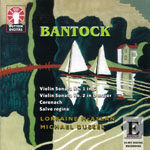
Granville Bantock’s two violin sonatas are cast in a determinedly 19th century style redolent of Brahms, despite having been composed in 1929 and 1932. Brahms’
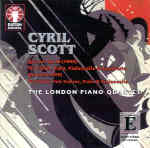
Ralph Vaughan Williams, sitting on the judges panel at a composers’ competition, assessed Cyril Scott’s piano quintet this way: “Very long and rhapsodic and has

Strange as it seems my college music library possessed the four Chopin Nocturnes cycles available on EMI in the late 1970s: Garrick Ohlsson, Alexis Weissenberg,

Partly through the use of added reverberation, Michael Dutton uncovers a wider dynamic spectrum from Erich Kleiber’s venerable 1929 Berlin recording of Beethoven’s Second Symphony

Some composer-conducted recordings, such as those by Stravinsky or Britten, can reveal unique aspects of both a work and its composer. However, the only thing
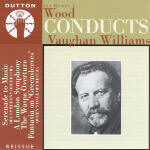
Here’s a disc that raises the most important issue with respect to historical recordings: given the inevitable limitations in sonics arising from their provenance, are
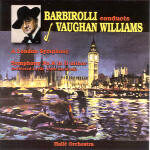
These performances stand as a tribute to John Barbirolli’s heroic, decades-long effort to raise the playing standards of the Hallé Orchestra from fourth rate to
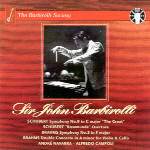
It’s important to remember just how “local” the record business was in the 1940s and ’50s. There were no great, international entertainment conglomerates as we

Granville Bantock’s chamber works for cello have suffered virtual neglect almost since the day the composer committed them to paper. Fortunately, with this new recording
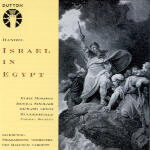
Purists should get some prescription painkillers before listening to this version of one of Handel’s most popular oratorios, mutilated by Malcolm Sargent’s rewriting huge swathes
![]()
